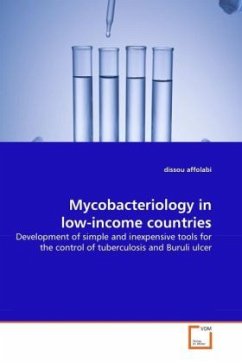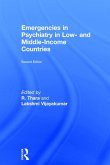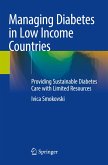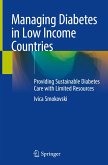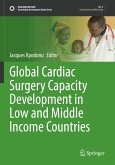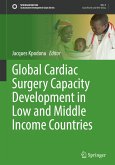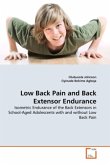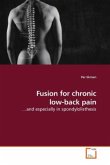Tuberculosis and Buruli ulcer are the most important mycobacterial diseases in several low-income countries. To control the diseases, these countries have to face many challenges such as lack of facilities and/or funds. Therefore, there is a great need of simple, rapid and inexpensive tools to control these diseases. For tuberculosis, the tools developed in this book include bulk staining method for microscopy, a resazurin microplate assay for differentiation of Mycobacterium tuberculosis from nontuberculous mycobacteria and nitrate reductase assays for detection of drug resistance. For Buruli ulcer, an experience of setting up a national reference laboratory as well as a simple smear preparation method for microscopy are presented. Finally, a simple algorithm for the organisation of Buruli ulcer diagnosis in endemic settings is proposed.
Bitte wählen Sie Ihr Anliegen aus.
Rechnungen
Retourenschein anfordern
Bestellstatus
Storno

